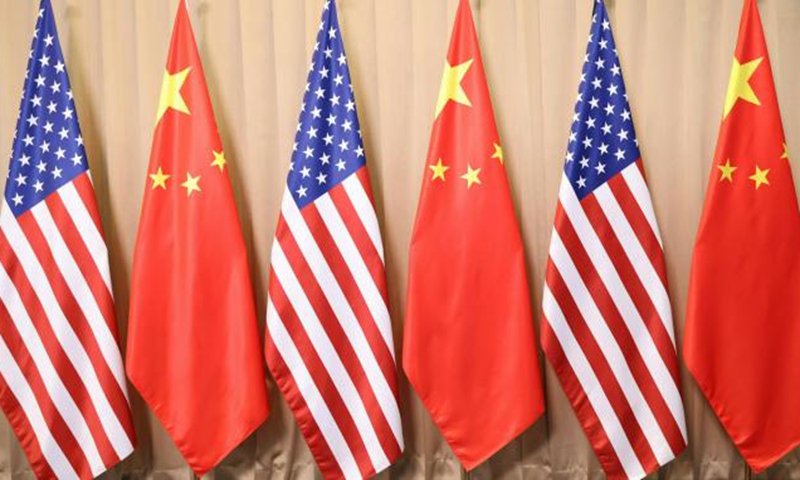Alibaba unveils AI glasses to compete with Meta

Alibaba's recent announcement to launch its AI-powered glasses, known as the Quark AI Glasses, marks a significant milestone not only for the company but also for the broader landscape of consumer electronics. As Alibaba seeks to carve out a niche in the wearables market, this debut presents a notable challenge to industry leaders like Meta and emerging players such as Xiaomi. The innovation is particularly significant as it showcases Alibaba's commitment to leveraging its robust AI capabilities while tapping into the growing demand for integrated technology solutions among consumers.
The Quark AI Glasses, set to launch by the end of 2025, are powered by Alibaba's sophisticated Qwen large language model and its AI assistant, Quark. This strategic move aligns with the observation that wearables, especially in the form of smart glasses, are increasingly seen as the next frontier in personal computing. This echoes historical trends witnessed during the tech evolution of the early 2000s, where the introduction of smartphones reshaped consumer interaction with technology. With features such as hands-free calling, music streaming, real-time language translation, and transcription services, Alibaba's offering appears poised to not only compete with Meta's Ray-Ban collaboration but also expand into multifaceted user applications.
Furthermore, by integrating their existing services, such as Alipay for payments and Taobao for e-commerce functionalities directly into the glasses, Alibaba is not merely launching a product but is instead creating an ecosystem that enhances user engagement. This move could potentially disrupt consumer habits in ways reminiscent of the impact of Apple’s iPhone, which integrated multiple functionalities into a single device. However, one must critically assess whether the market is ready for such a sudden influx of capabilities. Will consumers readily adopt these glasses, or could they become another tech fad reminiscent of the Google Glass experience of the early 2010s? There lies a critical assessment point for investors and analysts; the venture could either be a pioneering step into the future of AI applications or an overreach in consumer expectations.
In looking ahead, the implications of Alibaba’s entry into the AI-powered glasses market extend beyond just competition with Western firms. The emphasis on AI technology will likely fuel further innovation in consumer electronics, prompting a ripple effect throughout global supply chains and regulatory frameworks. Stakeholders, including investors and regulators, will need to navigate this evolving landscape carefully, as rapid technological advancements could lead to unintended consequences, particularly regarding privacy and data security. As the sector evolves, the balance between competitiveness and ethical considerations will be paramount. In an environment increasingly defined by AI, the question remains: can Alibaba establish itself as a genuine leader without transgressing the boundaries of consumer trust?
Read These Next

China and US Begin New Trade Talks in Sweden
US and China delegations meet in Sweden for crucial economic talks to address trade tensions and promote global market stability.

Impact of Director Pay on Governance and Performance
The establishment of a compensation structure and evaluation process for independent directors reflects a significant evolution in corporate governance practices, focused on enhancing accountability and efficiency. This analysis examines the implications of these changes, considering performance-driven compensation strategies, potential conflicts of interest, and risk management measures.

FM Reacts to China Accepting Suboptimal US Trade Deal
China insists on a beneficial trade deal with the U.S., emphasizing equal dialogue and mutual respect in negotiations.
